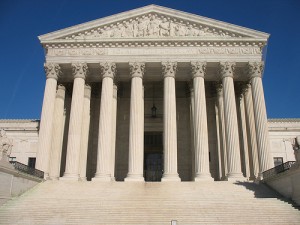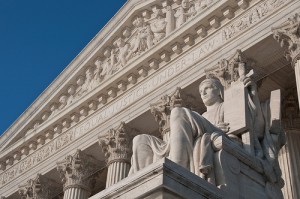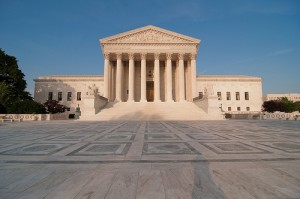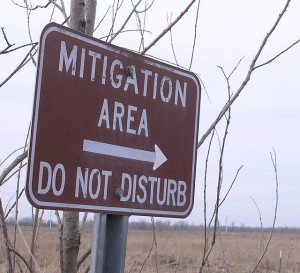Posted
18 Oct 2013 in Case Notes
The
first significant case affecting local governments in this new Supreme Court term --
Madigan v. Levin -- ended poorly. The Court resolved the case
with a DIG -- the Court dismissed it as improvidently granted.

What went wrong? And what can we learn from it about appellate jurisdiction?
An Important Question
The case had all the hallmarks of a classic Supreme Court case.
The question presented was important. It asked whether when a state or local government employee alleges that his employer has discriminated against him because of his age, the Age Discrimination in Employment Act ("ADEA") provides his exclusive remedy, or whether he may also bring a claim under 42 U.S.C. 1983 because the discrimination violates the Constitution's Equal-Protection Clause.
The question had divided the lower courts. The Seventh Circuit acknowledged that its holding -- that the ADEA does not prevent the employee from bringing a Section 1983 claim -- created a deep circuit split.
And it had far-reaching implications. It could literally impact every state and local government.
What Went Wrong?
So why would the Court, after granting cert. and hearing oral argument, suddenly change its mind and toss the case?








